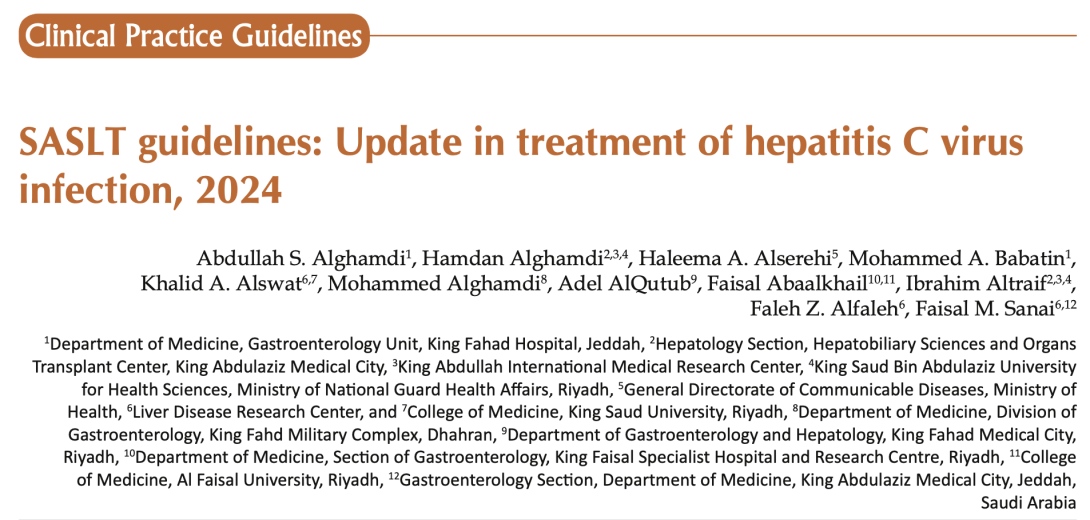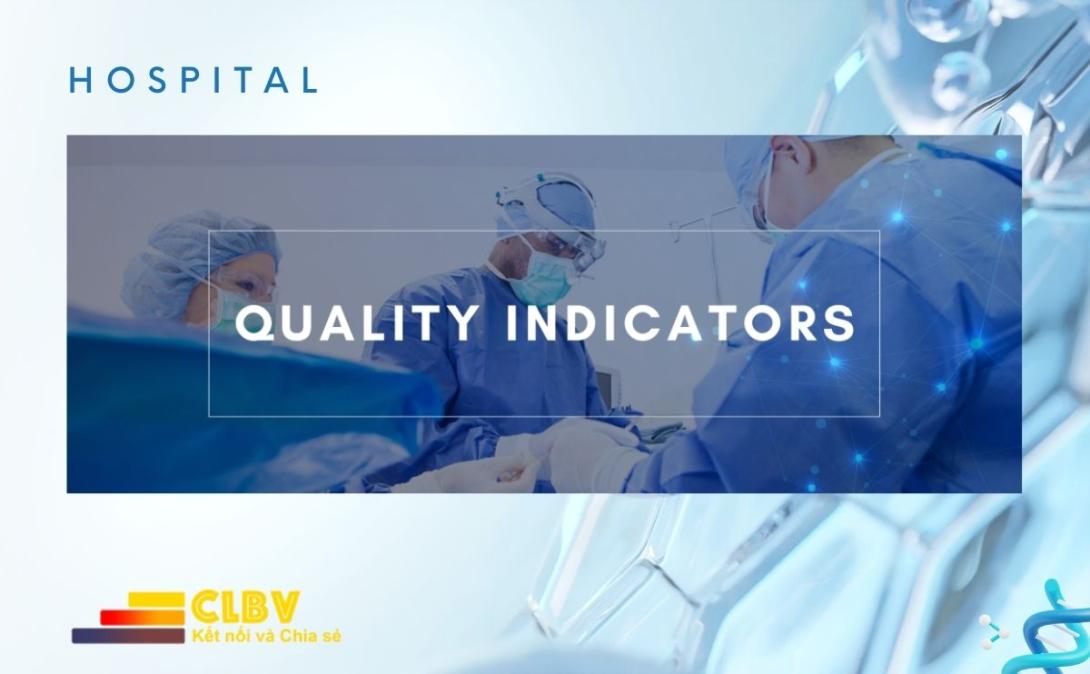
Hepatitis C virus (HCV) infection has been a major global health concern, with a significant impact on public health. In recent years, there have been remarkable advancements in our understanding of HCV and the development of novel therapeutic agents. The Saudi Society for the Study of Liver Disease and Transplantation formed a working group to develop HCV practice guidelines in Saudi Arabia. The methodology used to create these guidelines involved a comprehensive review of available evidence, local data, and major international practice guidelines regarding HCV management. This updated guideline encompasses critical aspects of HCV care, including screening and diagnosis, assessing the severity of liver disease, and treatment strategies. The aim of this updated guideline is to assist healthcare providers in the management of HCV in Saudi Arabia. It summarizes the latest local studies on HCV epidemiology, significant changes in virus prevalence, and the importance of universal screening, particularly among high‑risk populations. Moreover, it discusses the promising potential for HCV elimination as a public health threat by 2030, driven by effective treatment and comprehensive prevention strategies. This guideline also highlights evolving recommendations for advancing disease management, including the treatment of HCV patients with decompensated cirrhosis, treatment of those who have previously failed treatment with the newer medications, management in the context of liver transplantation and hepatocellular carcinoma, and treatment for special populations.
- Đăng nhập để gửi ý kiến

